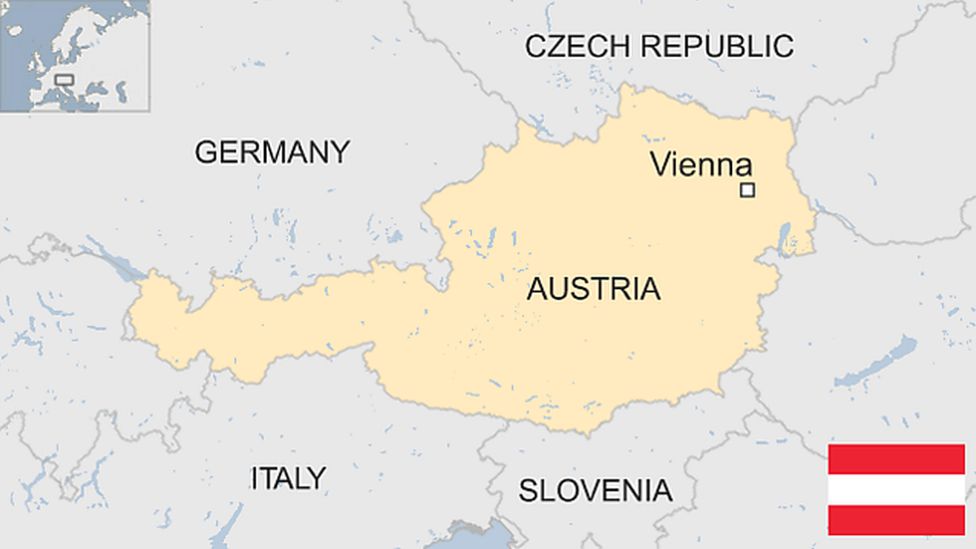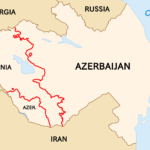A Country of Natural Beauty and Rich Heritage
In the heart of Europe, Austria is a beautiful country renowned for its stunning landscapes, rich history, and vibrant cultural scene. From the majestic Alps to charming cities, Austria offers diverse experiences for travelers seeking natural beauty and cultural treasures.
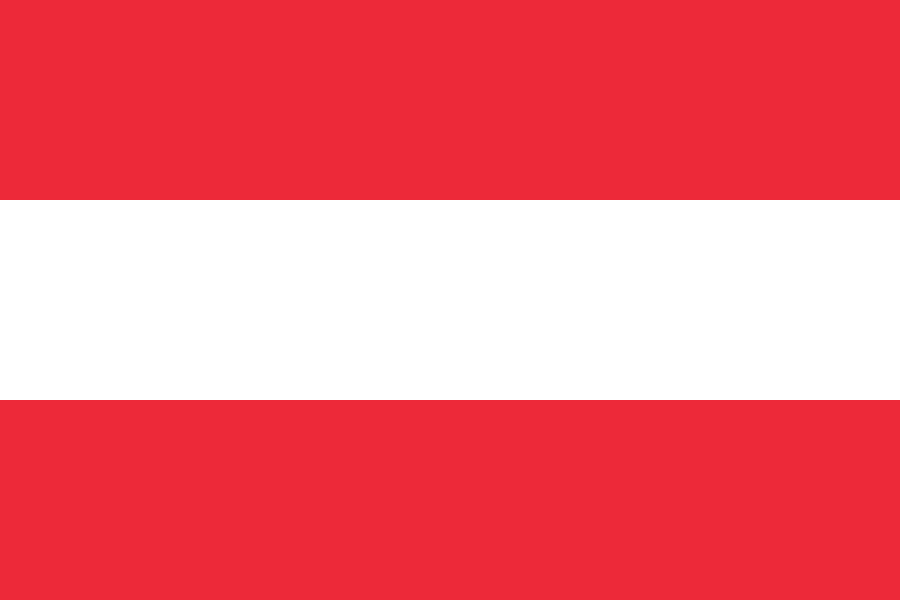
Exploring Vienna: The Imperial Capital
Vienna, the capital city of Austria, is a true testament to the country’s imperial past. From the opulent Schönbrunn Palace to the grand St. Stephen’s Cathedral, Vienna exudes an air of grandeur. Stroll along the historic Ringstrasse, visit the world-class museums, and indulge in the city’s thriving coffeehouse culture.
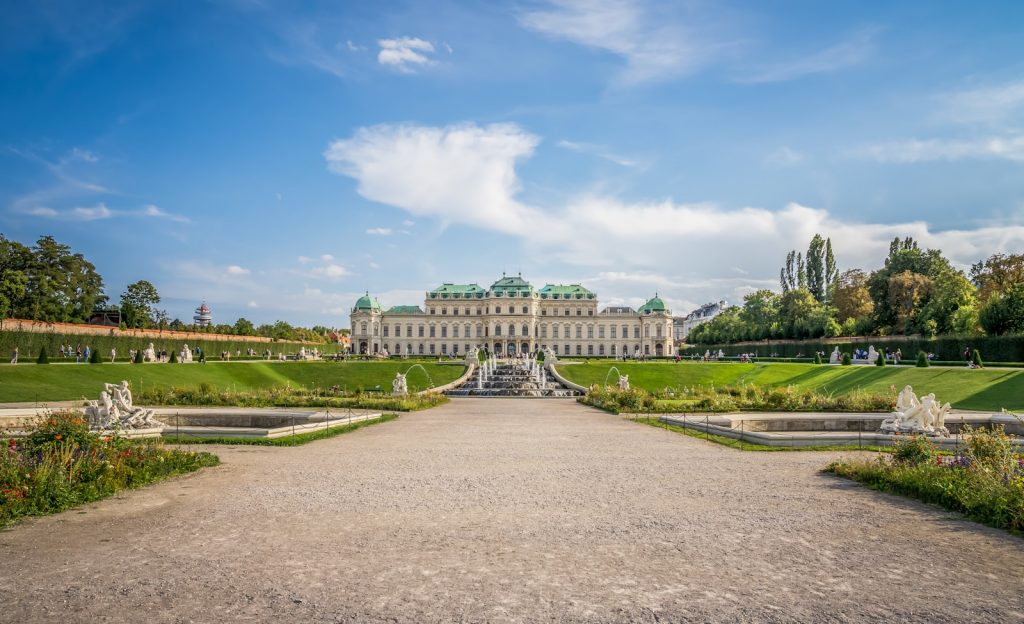
The Stunning Alps: A Paradise for Outdoor Enthusiasts
Austria’s portion of the Alps presents a breathtaking playground for outdoor enthusiasts. From hiking and climbing in the summer to skiing and snowboarding in the winter, the Austrian Alps offer endless opportunities for adventure. The picturesque towns of Innsbruck, Zell am See, and St. Anton is Arlberg are popular destinations for adrenaline junkies and nature lovers.
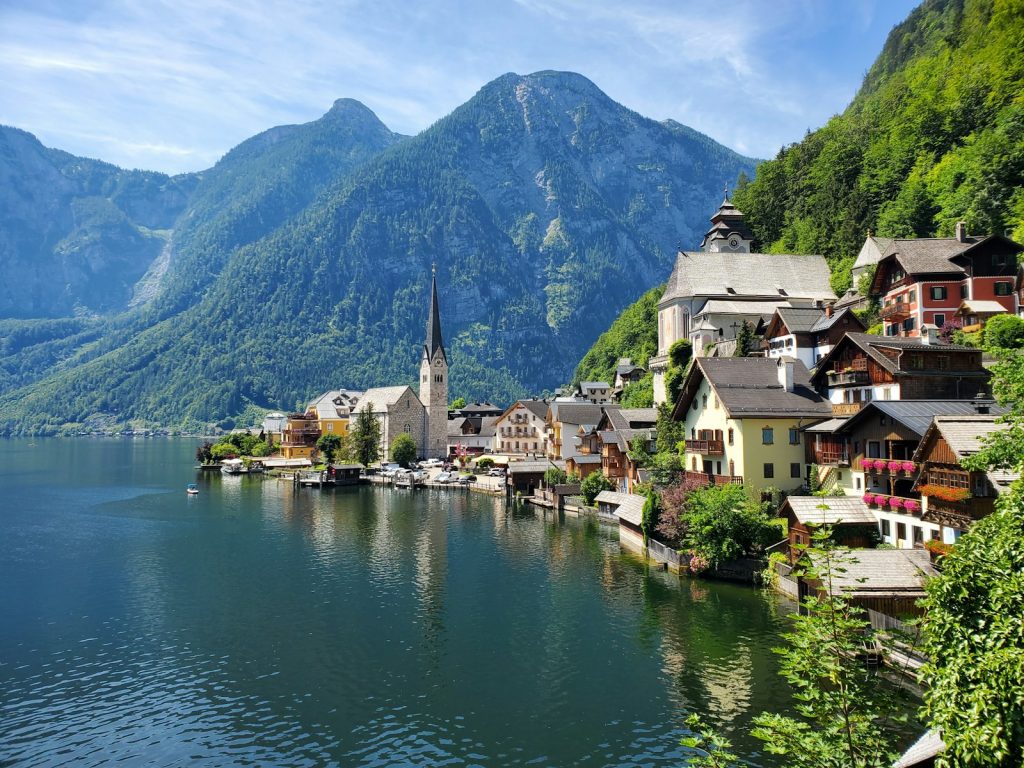
Salzburg: Birthplace of Mozart and Cultural Gem
Salzburg, the birthplace of Wolfgang Amadeus Mozart, is a city steeped in history and artistic heritage. Its baroque architecture, charming old town, and iconic Hohensalzburg Fortress attract visitors worldwide. Don’t miss the world-famous Salzburg Festival, an annual celebration of music and drama.
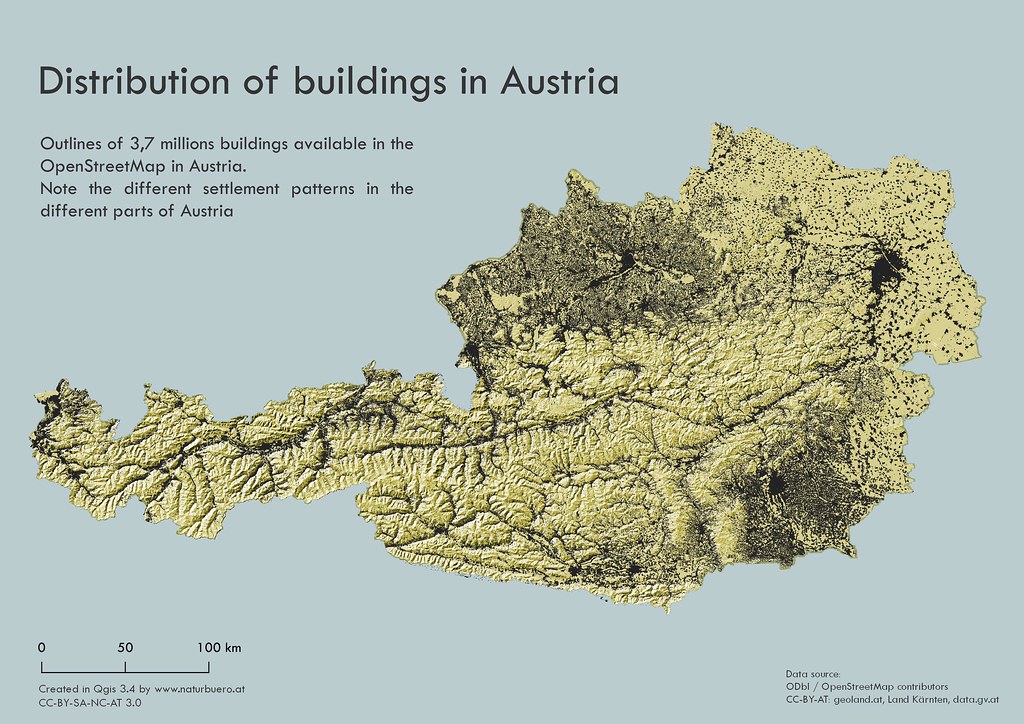
Historical Heritage: Castles, Palaces, and UNESCO World Heritage Sites
Austria boasts a remarkable array of castles, palaces, and UNESCO World Heritage Sites that witness its storied past. From the medieval fortress of Hohensalzburg to the elegant Belvedere Palace in Vienna, these architectural marvels glimpse Austria’s rich history and cultural heritage.
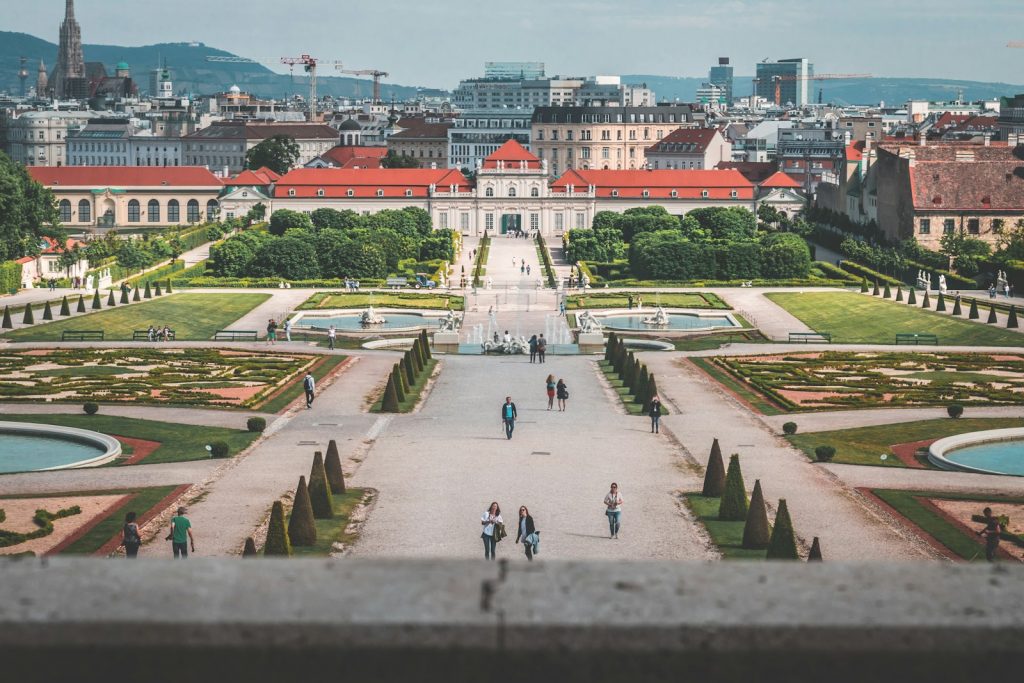
Delightful Cuisine: From Schnitzel to Sachertorte
Austrian cuisine is renowned for its hearty and flavorful dishes. Treat your taste buds to Wiener Schnitzel, a breaded and pan-fried veal or pork cutlet, or savor a slice of Sachertorte, a delectable chocolate cake with apricot filling. Don’t forget to pair your meal with a glass of world-class Austrian wine.
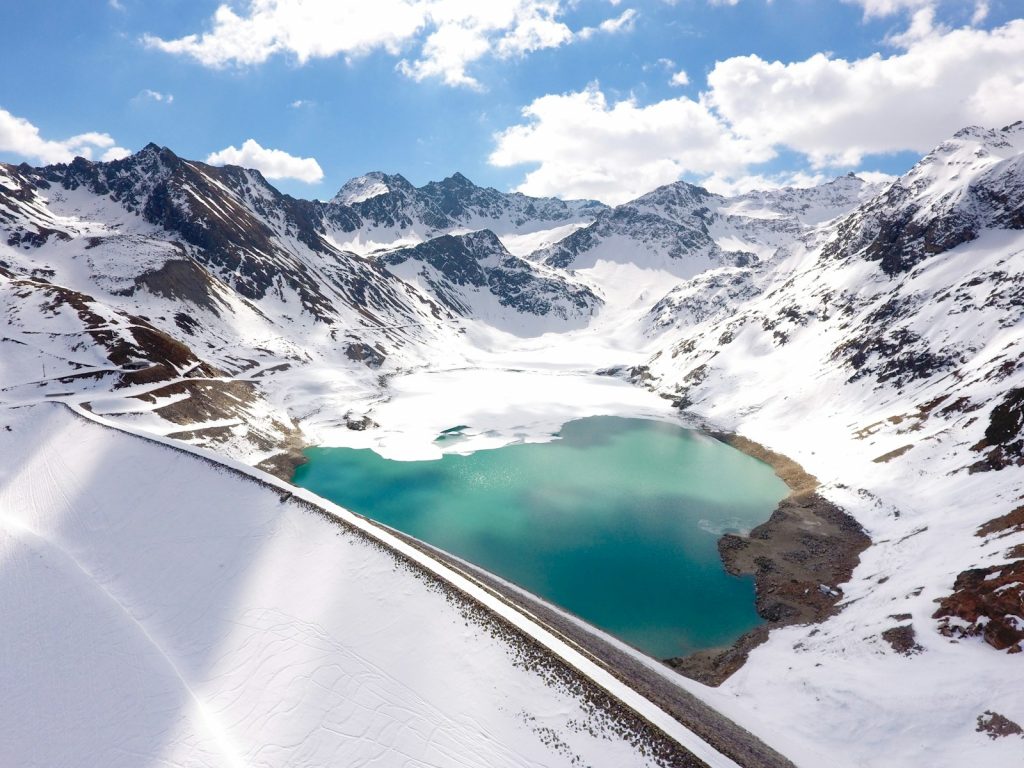
Festivals and Traditions: Embracing Austrian Culture
Austria’s vibrant culture comes to life through its traditional festivals and customs. Experience the colorful exuberance of the Viennese Ball season, immerse yourself in the enchanting atmosphere of the Christmas markets, or witness the exhilarating spectacle of the Vienna Opera Ball. These festivities showcase the Austrians’ passion for their traditions.
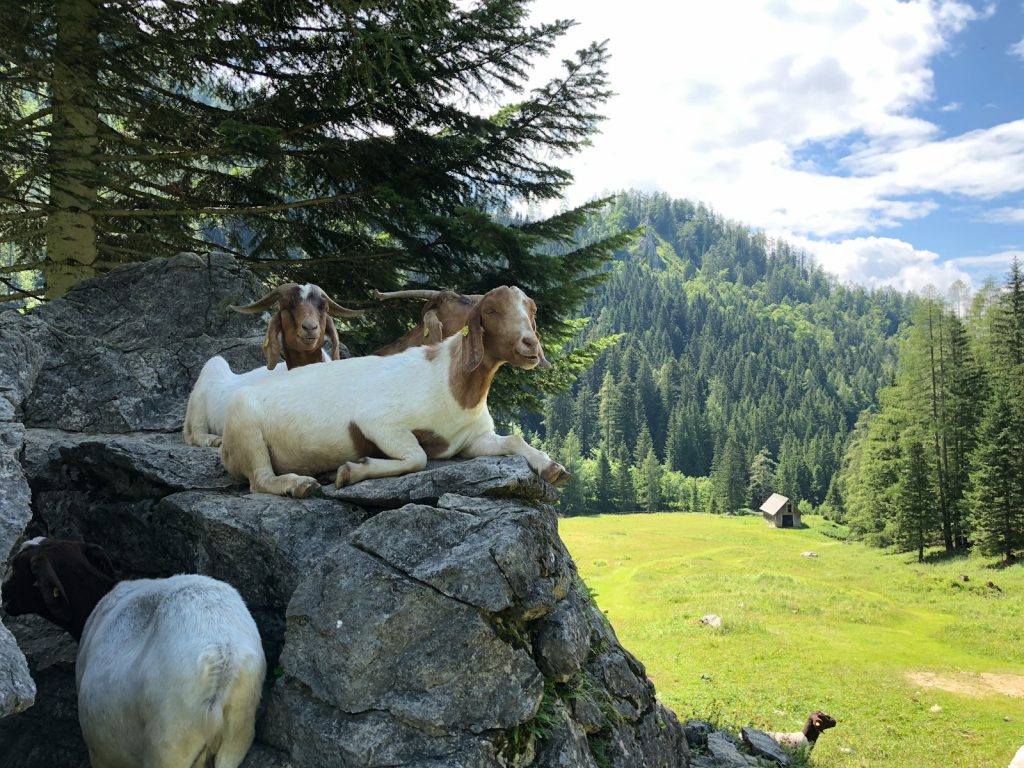
Musical Legacy: Classical Music and the Vienna Philharmonic
Austria’s musical legacy is legendary and often hailed as the birthplace of classical music. Vienna, in particular, has been home to some of the world’s greatest composers, including Mozart, Beethoven, and Strauss. Attend a performance by the Vienna Philharmonic or visit the house where Mozart composed his masterpieces for an unforgettable musical experience.
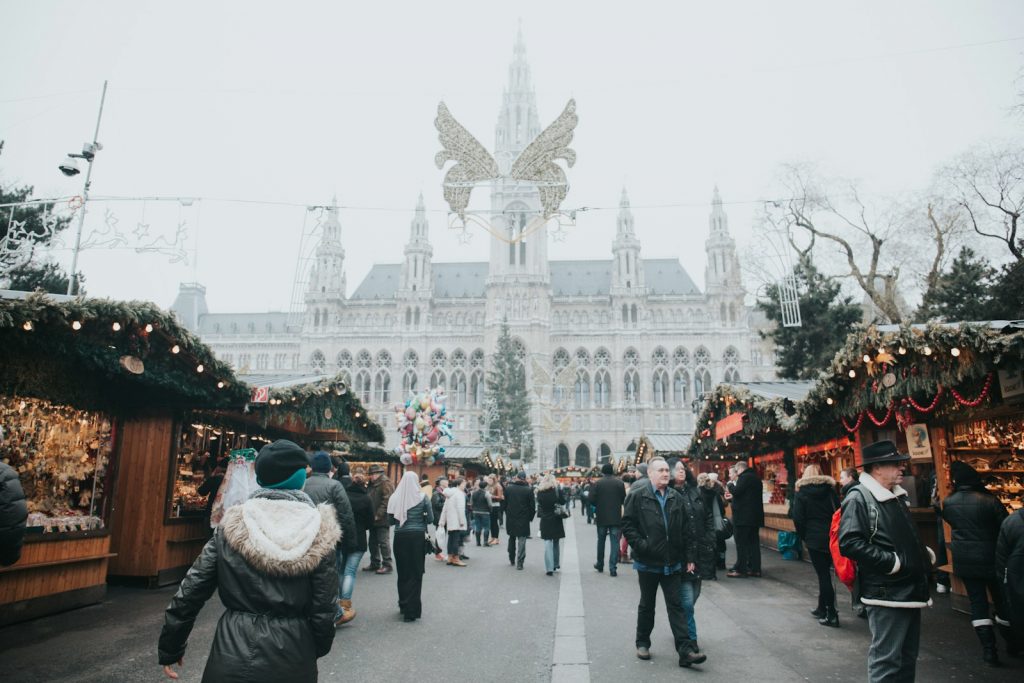
Winter Wonderland: Skiing and Snow-Covered Alpine Landscapes
The country transforms into a winter wonderland when winter blankets the Austrian Alps with snow. With world-class ski resorts like Kitzbühel and St. Anton am Arlberg, Austria attracts skiing and snowboarding enthusiasts from across the globe. Whether you’re a beginner or an expert, the Austrian slopes offer something for everyone.
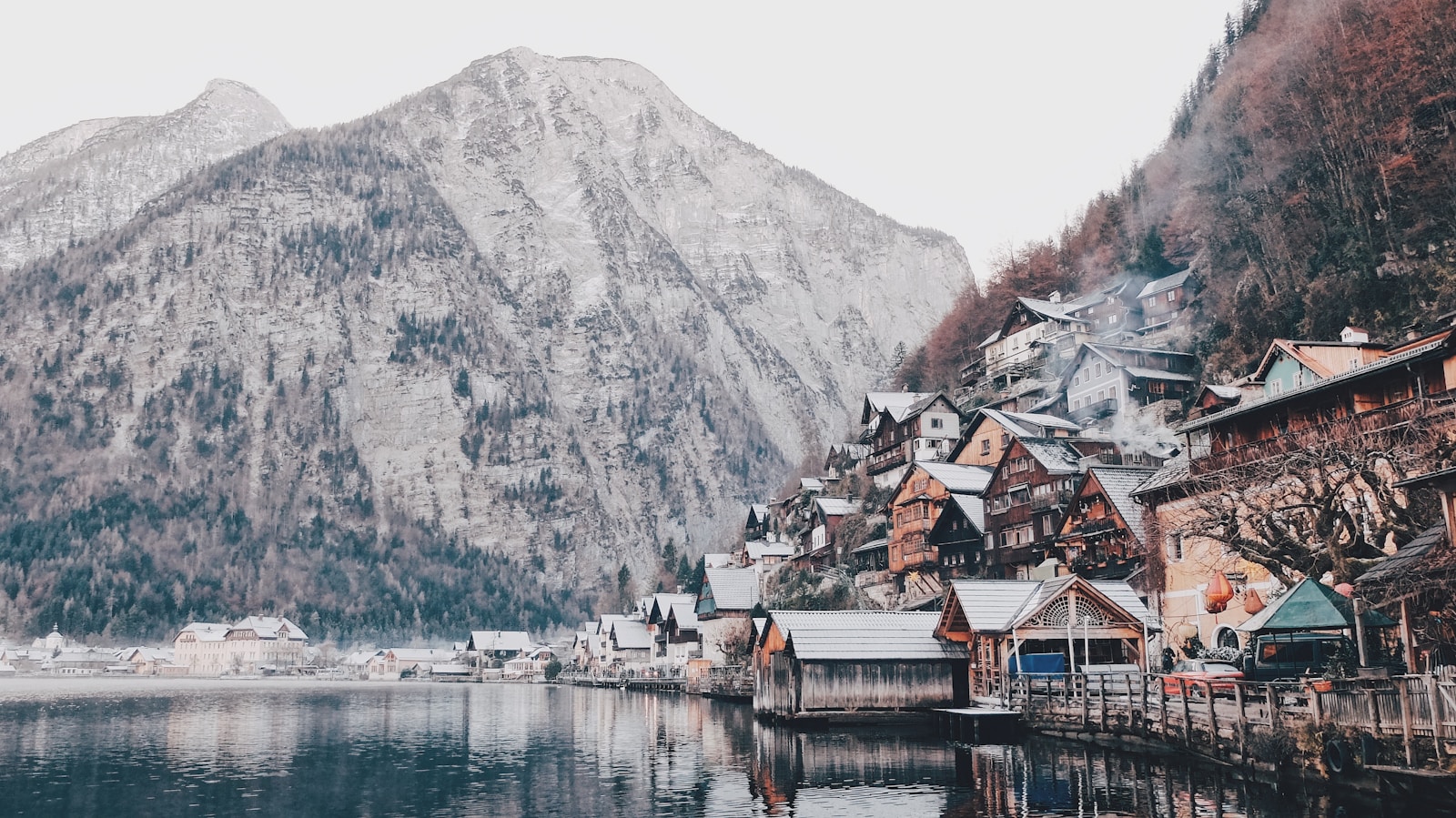
Sustainable Tourism: Austria’s Commitment to Preserving Nature
Austria is at the forefront of sustainable tourism practices, recognizing the importance of preserving its natural beauty for future generations. The country has implemented initiatives to protect its pristine landscapes, promote eco-friendly accommodations, and encourage responsible travel. Visitors can enjoy Austria’s wonders while minimizing their environmental impact.
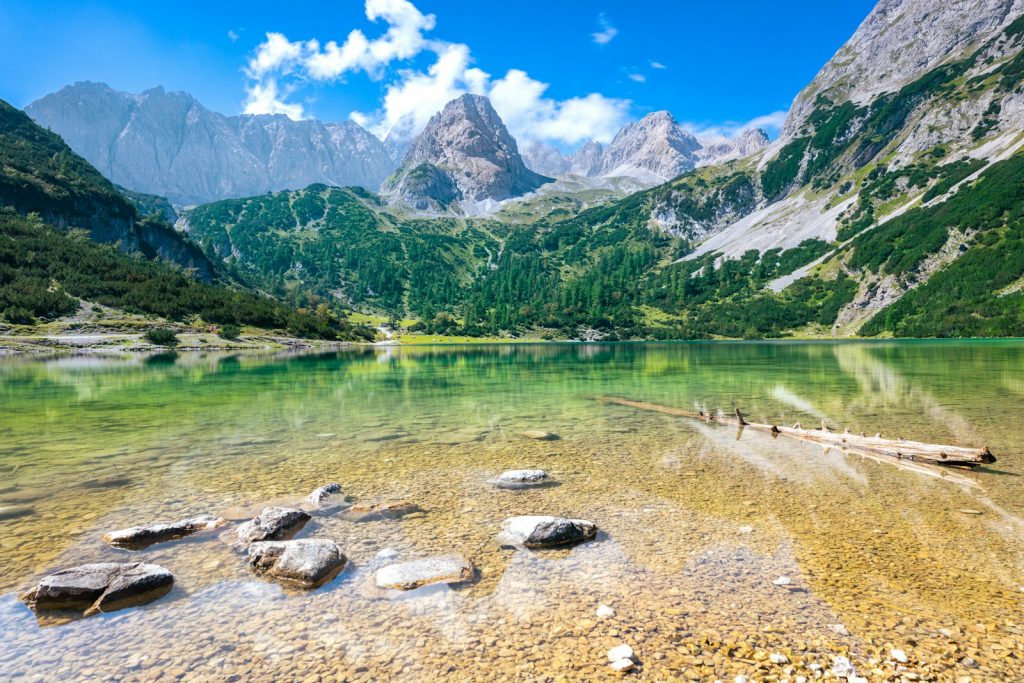
Conclusion
Austria’s unique blend of natural beauty, historical landmarks, and cultural heritage makes it a captivating destination for travelers. From the grandeur of Vienna to the Alpine splendor of the ski resorts, Austria offers an array of experiences that cater to every taste. Embrace the charm of this enchanting country, and let Austria’s landscapes and cultural treasures leave an indelible mark on your soul.
FAQ
Q: Where is Austria located?
Austria is a landlocked country situated in Central Europe. Germany borders it to the northwest, the Czech Republic to the north, Slovakia to the northeast, Hungary to the east, Slovenia and Italy to the south, and Switzerland and Liechtenstein to the west.
Q: What is the capital city of Austria?
A: The capital and largest city of Austria is Vienna. It is also known as “Wien” in German.
Q: What is the official language of Austria?
The official language of Austria is German. However, various regional dialects are also spoken throughout the country.
Q: What is the currency used in Austria?
A: The currency used in Austria is the Euro (€). It became the official currency of Austria in 2002 when the country adopted the Eurozone.
Q: What are some famous tourist attractions in Austria?
Austria is home to numerous famous tourist attractions. Some notable ones include Schönbrunn Palace and St. Stephen’s Cathedral in Vienna, the historic center of Salzburg (a UNESCO World Heritage Site), the Hohensalzburg Fortress, the Austrian Alps for skiing and hiking, and the picturesque Hallstatt village.
Q: Is Austria known for its music?
Austria has a rich musical heritage and is renowned for its classical music. Famous composers like Wolfgang Amadeus Mozart, Ludwig van Beethoven, and Johann Strauss II have roots in Austria. The Vienna Philharmonic Orchestra and the Vienna State Opera are internationally acclaimed institutions.
Q: What is the climate like in Austria?
Austria has a temperate climate with distinct seasons. Summers are generally warm, with temperatures ranging from 20 to 30 degrees Celsius (68 to 86 degrees Fahrenheit), while winters can be cold, especially in the Alpine regions, with temperatures often dropping below freezing.
Q: Are there any UNESCO World Heritage Sites in Austria?
Yes, Austria boasts several UNESCO World Heritage Sites. Some notable ones include the Historic Center of Vienna, Salzburg’s Historical Center, the Palace and Gardens of Schönbrunn, the Hallstatt-Dachstein/Salzkammergut Cultural Landscape, and the Wachau Cultural Landscape.
Q: What are some traditional Austrian dishes?
A: Traditional Austrian cuisine features dishes such as Wiener Schnitzel (breaded and fried veal or pork cutlets), Tafelspitz (boiled beef), Kaiserschmarrn (shredded pancakes), Sachertorte (chocolate cake), and Apfelstrudel (apple strudel). Austria is also known for its coffeehouse culture and delightful pastries.
Q: Is Austria a member of the European Union?
Yes, Austria has been a member of the European Union (EU) since 1995. It is also a member of the Eurozone, which means it uses the Euro as its currency.
Watch Video
Read also
- Afghanistan – A Historical and Geopolitical Perspective
- Angola: Unveiling the Riches and Progress of a Rising African Nation
- Albania – The Land of Rich History, Natural Beauty, and Cultural Heritage
- Algeria – A Rich Tapestry of History, Culture, and Natural Beauty
- Andorra – The Principality in the Pyrenees
- Antigua and Barbuda: A Tropical Paradise with Rich History and Breathtaking Beauty
- Armenia: A Cultural Tapestry Rich in History and Resilience
- Australia: A Fascinating Journey through the Land Down Under
